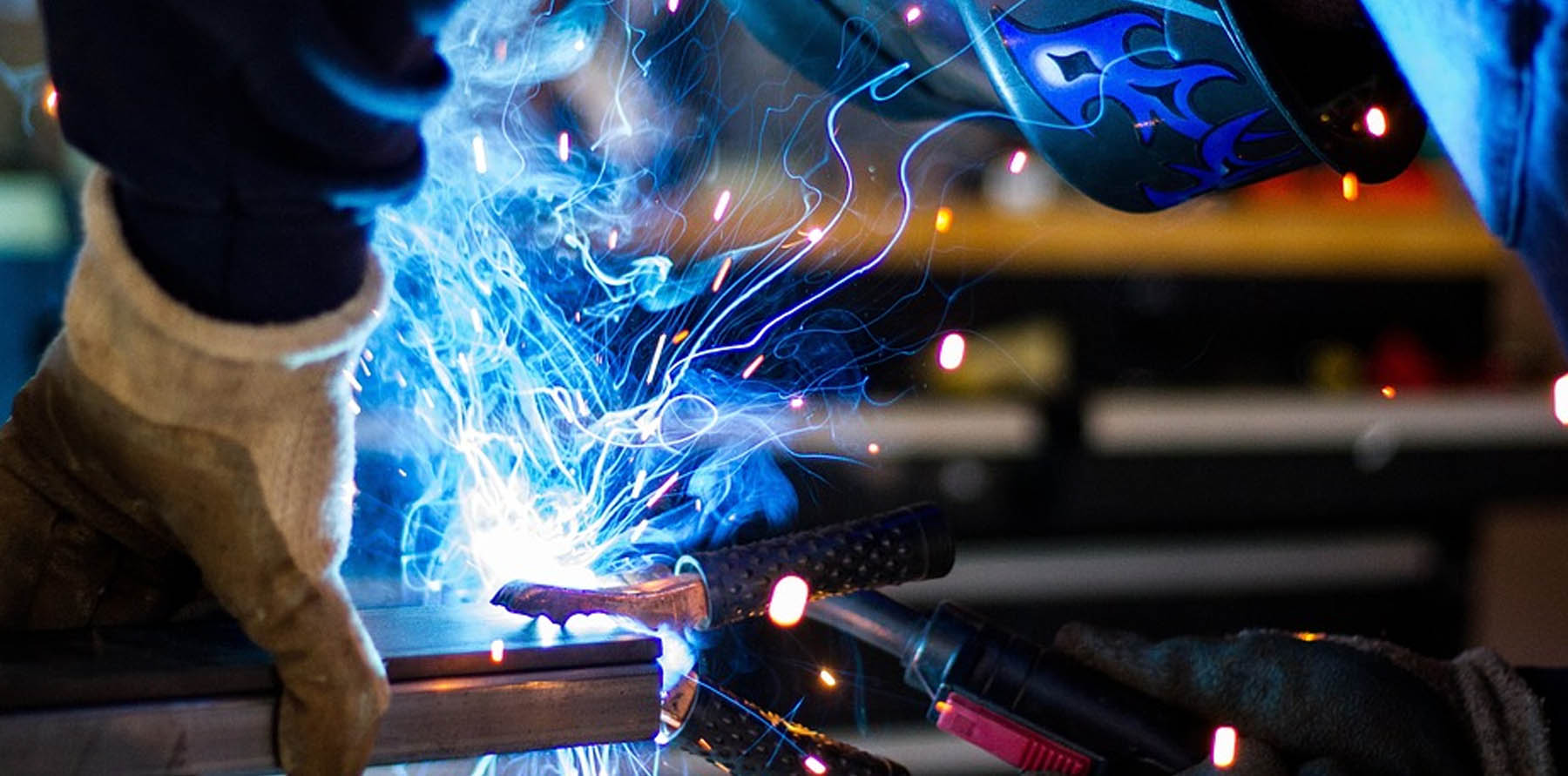We use cookies to make your experience better. To comply with the new e-Privacy directive, we need to ask for your consent to set the cookies. Learn more.
The simple way to avoid rework in welding…

Often underestimated, one of the best steps to ensuring a sound, accurate weld is the preparation of base materials. Even brand-new metal should be prepped before it is welded to ensure any coatings such as paint, oils, greases and oxides are removed.
There are many types of base materials used in welding and they each have a particular cleaning method that works best depending on the type used.
For example, steel tends to rust when exposed to the elements and has a mill scale on the outside surface that occurs naturally. Your best option in this instance, is to use a recommended abrasive wheel to remove the surface contaminants and mill scale. However, with Stainless Steel, you can simply wipe it down with a degreaser and then give it a good clean water rinse.
When it comes to metals such as aluminium and titanium, oxidation can occur very quickly so they have a shorter window of time between surface cleaning and welding. Cleaning large areas too early before welding is often counterproductive as it leads to the need for rework.
More detailed information about welding preparation is available, however, some best practice tips to consider are:
* Calculate and control the speed and friction applied to the surface
* Avoid removing too much material (undercutting)
* Avoid cross contamination by using new, clean abrasive products
* Avoid direct contamination by separating and organising your consumables for ferrous and non-ferrous materials
* Prevent indirect contamination by establishing a daily cleaning regime of the workshop
A clean workshop will lower the contamination risk. Cleaner materials weld better and preparing them correctly will make a big difference in the final outcome.
For a great example of surface cleaning methods, have a look at ‘Material Prep, does it really matter?’ from Weld.com.









Comments